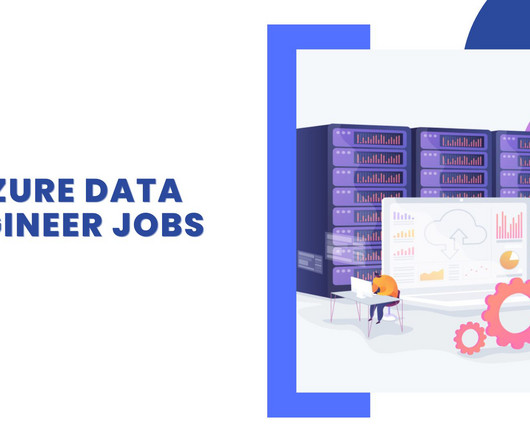Data Warehouse vs. Data Lake
Precisely
MARCH 9, 2023
As cloud computing platforms make it possible to perform advanced analytics on ever larger and more diverse data sets, new and innovative approaches have emerged for storing, preprocessing, and analyzing information. Hadoop, Snowflake, Databricks and other products have rapidly gained adoption.














Let's personalize your content